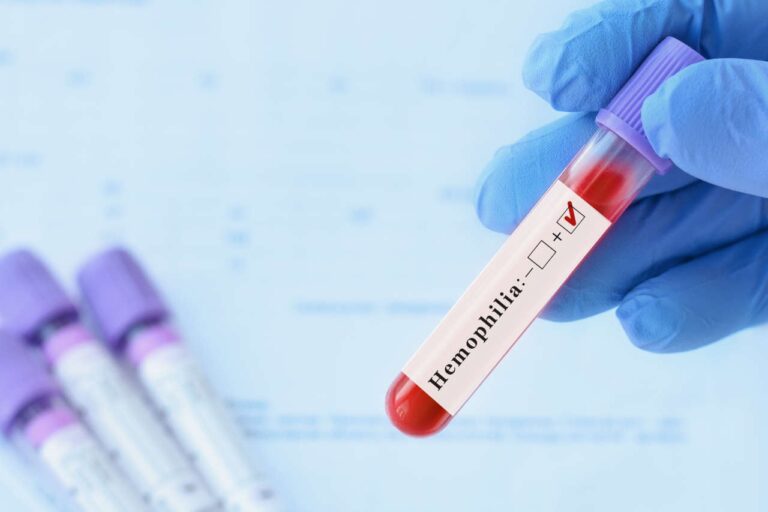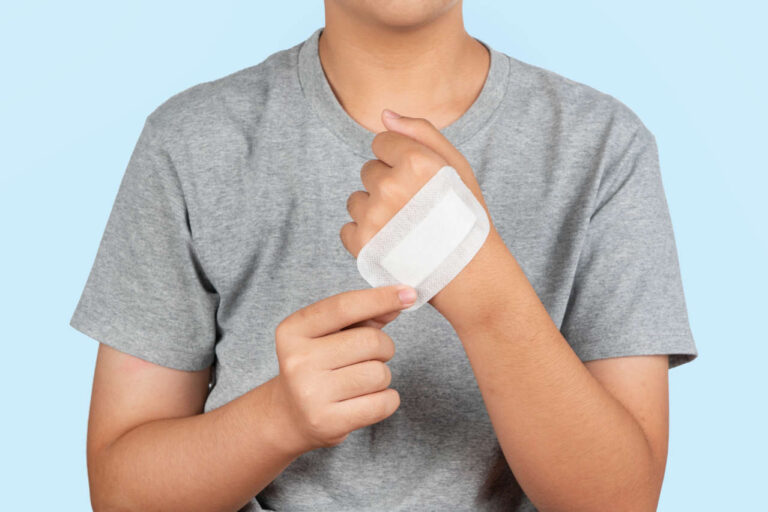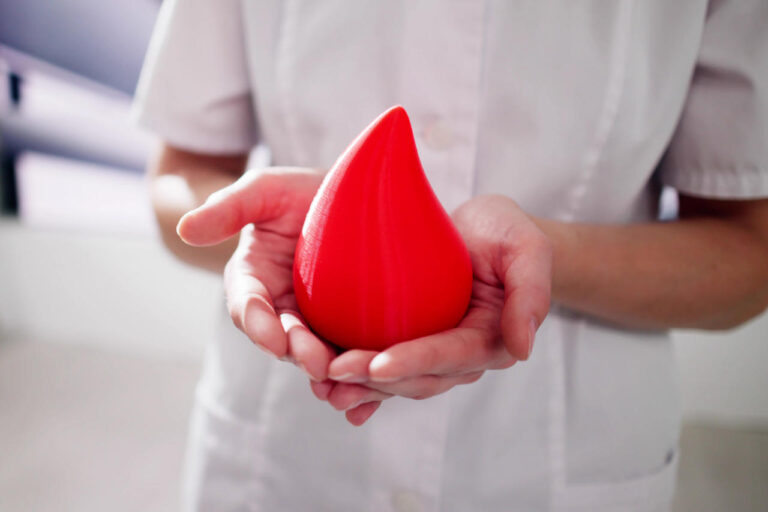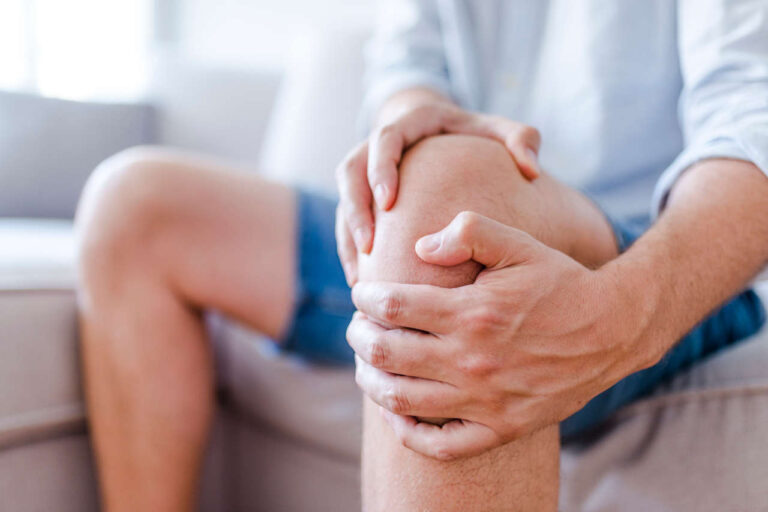
Viajar generalmente requiere cierta planificación. Y si tienes afecciones médicas como hemofiliaAl viajar, la planificación es aún mayor, ya que se deben tomar precauciones y medidas de seguridad adicionales. La hemofilia es un trastorno hemorrágico en el que la sangre no coagula correctamente, lo que puede causar sangrado espontáneo o significativo, incluso con lesiones leves. El miedo constante a lesionarse puede dificultar un viaje sin estrés.
Hable con un especialista sobre la asistencia con los copagos
Sin embargo, con una planificación cuidadosa y consejos de seguridad, podrá disfrutar de su viaje sin preocupaciones. Ya sea que planee visitar su ciudad natal o dar la vuelta al mundo, prepararse con antelación, incluyendo cómo manejar lesiones leves por accidente, puede ayudarle a sentirse preparado antes de su viaje.
En este artículo encontrarás algunos consejos que pueden ayudarte a planificar un viaje seguro y placentero sin comprometer tu salud.
Consejos para un viaje seguro y placentero
Consulte a su proveedor
Es importante que hable detalladamente con su profesional de la salud sobre su plan de viaje. Hable sobre el destino, las actividades que planea realizar y la duración del viaje. Esta información le permitirá a su profesional de la salud brindarle valiosas recomendaciones de seguridad, como qué debe hacer en caso de lesiones leves o hemorragias, o qué actividades debe evitar durante el viaje.
Su proveedor también comprobará si está lo suficientemente sano como para viajar o si necesita alguna vacuna antes de partir. Por ejemplo, las vacunas contra la hepatitis A y B suelen recomendarse para personas con trastornos hemorrágicos.
Obtenga su carta de viaje
Al viajar, siempre es mejor obtener una carta de viaje de su proveedor. La carta proporciona información breve sobre su afección médica, como el tipo de hemofilia que tiene, medicamentos recetados (medicamento de factor y un líquido diluyente) y los suministros (agujas, jeringas, torniquetes, gasas, curitas, kits de CVC, etc.) que lleve consigo.
Esta carta también proporcionará información sobre el plan de tratamiento necesario en caso de emergencia.
Si va a volar fuera del país, la carta de viaje le ayudará durante los controles de seguridad en el aeropuerto porque algunos países tienen regulaciones específicas sobre el transporte de medicamentos, especialmente si son inyectables.
Empaque sus medicamentos con cuidado
Asegúrese de llevar suficientes medicamentos y suministros para todo el viaje. Se recomienda llevar dosis adicionales de sus medicamentos por si su viaje se prolonga. Esto le permitirá disfrutar del viaje con libertad sin preocuparse por la escasez de medicamentos.
Además, empaque sus medicamentos en un bolso de mano en lugar de en el equipaje facturado para evitar el riesgo de perderlos.
Etiquete y reúna claramente todos los medicamentos, suministros y dispositivos médicos en un bolso de mano junto con otros documentos, como una tarjeta de tratamiento que describa la atención de emergencia para la hemofilia.
Investiga tu destino
Es importante investigar bien su destino. A continuación, se detallan algunos aspectos que debe saber y considerar antes de alojarse en otro país o región:
- Cobertura de seguroAsegúrese de obtener un seguro de viaje que cubra gastos médicos, como el costo de los concentrados de factor, la hospitalización y otros posibles gastos médicos. Sin seguro, el tratamiento médico en un hospital extranjero puede ser costoso.
- Centro de Tratamiento de Hemofilia (HTC): Es importante encontrar un centro de tratamiento de hemofilia (CTH) donde se hospedará. Puede contactar con el centro y notificarles que planea visitarlo y que podría necesitar su ayuda en caso de emergencia. Además, puede compartir sus informes médicos con ellos.
- Número de emergencia del país: Debes anotar el número de emergencia del país donde planeas alojarte. Podrás contactarlos fácilmente si te lesionas.
- Temperatura de destino: Debe consultar el clima de su destino antes de viajar. Por ejemplo, las temperaturas extremas o la gran altitud en algunas regiones pueden presentar problemas, como deshidratación, fatiga y mayor riesgo de caídas, lesiones y hemorragias.
Obtenga asistencia financiera
Preste atención a las señales de su cuerpo
Reconocer los primeros signos y síntomas de los episodios de sangrado puede ayudarle a controlar rápidamente los sangrados inesperados.
Debe tomar su medicamento inmediatamente si experimenta dolor, fatiga o malestar. Los síntomas que suelen asociarse con las hemorragias incluyen:
- Hinchazón y dolor en las articulaciones
- Moretones (signo de hemorragia interna)
- Dolor muscular, hormigueo, entumecimiento u otras sensaciones.
- Calor en el sitio del sangrado
Sigue el ARROZ Protocolo (reposo, hielo, compresión y elevación) si experimenta sangrado muscular o inflamación articular. En casos graves de sangrado excesivo, busque atención médica inmediata.
Resumen
Viajar con una enfermedad crónica como la hemofilia puede ser un desafío tanto para el paciente como para su cuidador. Pero con una planificación cuidadosa y medidas de seguridad, puede disfrutar de su viaje sin comprometer su salud. Los consejos mencionados anteriormente pueden ayudarle a tener una experiencia segura, agradable e inolvidable con sus seres queridos.
REFERENCIAS:
- La Sociedad de Hemofilia. (2024). Viajes – la Sociedad de Hemofilia. https://haemophilia.org.uk/support/day-day-living/travel/
- Viajar(2016). Pasos para vivir. https://stepsforliving.hemophilia.org/step-up/travel
- Viaje seguro con un trastorno hemorrágico(2024). Hemofilia. https://www.cdc.gov/hemophilia/travel-safe/index.html
- Trastorno hemorrágico. Trastornos hemorrágicosTrastornos hemorrágicos. https://www.bleedingdisorders.com/planning-ahead/travel
- Roush-Bobolz, E. (2023). Querida Addy: Viajes internacionalesFederación Americana de Hemofilia. https://www.hemophiliafed.org/dear-addy-international-travel/














